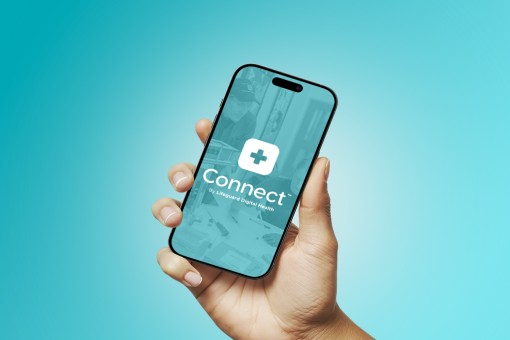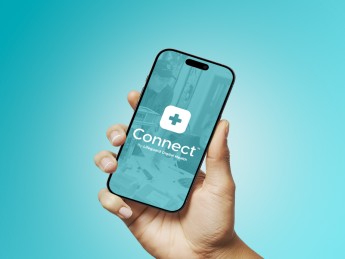Last updated on
A lot of what we hear about young people using drugs seems scary. And with so much information out there about the overdose crisis, it’s easy to feel overwhelmed about everything that’s going on. Wanting to protect the children and young people around you is a natural response—but how can you do that effectively?
Talking with young people openly and honestly about substance use is a great way to start. Here are a few ways you can learn, connect and support.
Did You Know?
According to the most recent BC Adolescent Health Survey, about 14% of high school students in BC said they had tried using a substance other than alcohol, marijuana or tobacco. That’s compared to 38% who had tried alcohol and 22% who had tried marijuana. About 15% of youth had tried smoking tobacco, while about 13% had tried vaping. These numbers have been decreasing over time, with fewer young people trying drugs or using them frequently.
Stay Connected
Open, non-judgmental conversations are one of the most important ways we can protect kids from harm—not only from the risks of substance use, but also from other things that may be impacting them, like stress or other life challenges.
To start with, talk with the young people in your life about what’s going on with them in general—ask honest questions about their interests and how they’re feeling, and engage with their responses. If you start by building a positive relationship where young people feel they can speak honestly with you, it may help make difficult conversations easier.
Starting a conversation about substance use might seem hard, but there are different techniques and approaches you can try. If an opportunity comes up to talk about substance use, such as a news story or social media post you’ve seen, ask how they feel or what they think about it. Make sure they know you’re asking from a place of love and genuine concern, and try to be open and non-judgmental about their answers.
Stay Informed
Learning more about substances from reliable sources can help you talk with young people with confidence and accuracy. It’s impossible to know what’s in a drug purchased from an illegal source. Organic drugs like marijuana and mushrooms are unlikely to be cut with toxic substances, while substances such as heroin, fentanyl, cocaine or methamphetamine are more likely to be contaminated. Sites like British Columbia's Centre on Substance Use's drug checking reports can help you learn more.
Offer Support
There are resources to support youth and families in BC. HelpStartsHere.gov.bc.ca can help you find supports for young people and parents. There are also programs for families such as Parents Like Us (online resource) and peer support through organizations like FamilySmart and FoundryBC. Knowing what resources are available means you’ll be able to access them when you need to—or you could even do some research together.

Stay Safer
If you or someone you know uses drugs, it’s more important than ever to know the ways to stay safer.

Stay Safer
If you or someone you know uses drugs, it’s more important than ever to know the ways to stay safer.
Resources
Showing 3 Resources
Foundry Centres
Offers free health and wellness services for young people ages 12 to 24 and their families/caregivers, providing access to mental health care, substance use supports, physical and sexual health care, peer support, and work, education and community services. Services are provided together in a single place to make it easier for young people to find the care, connection and support they need.
Centres provide safe, non-judgmental care, information and resources in a youth-friendly space. Foundry meets young people where they're at, empowering them to guide their own journeys towards living good lives.
If you do not have a Foundry centre in your community, click here to learn more about virtual services.
Multiple Locations
Kelty Mental Health Resource Centre
Provides mental health and substance use information, resources and help with navigating the mental health system for families throughout BC and the Yukon.
Parent peer support workers are also available to support parents and caregivers by phone, virtual meeting, e-mail or in-person. See website for online resources, educational events and webinars.
4555 Heather Street, Vancouver, BC
FamilySmart
Free programs that help B.C. families and caregivers who are parenting children and youth facing mental health challenges.
